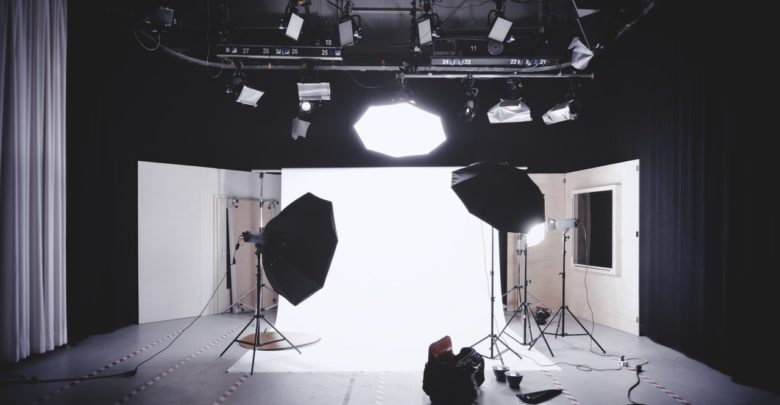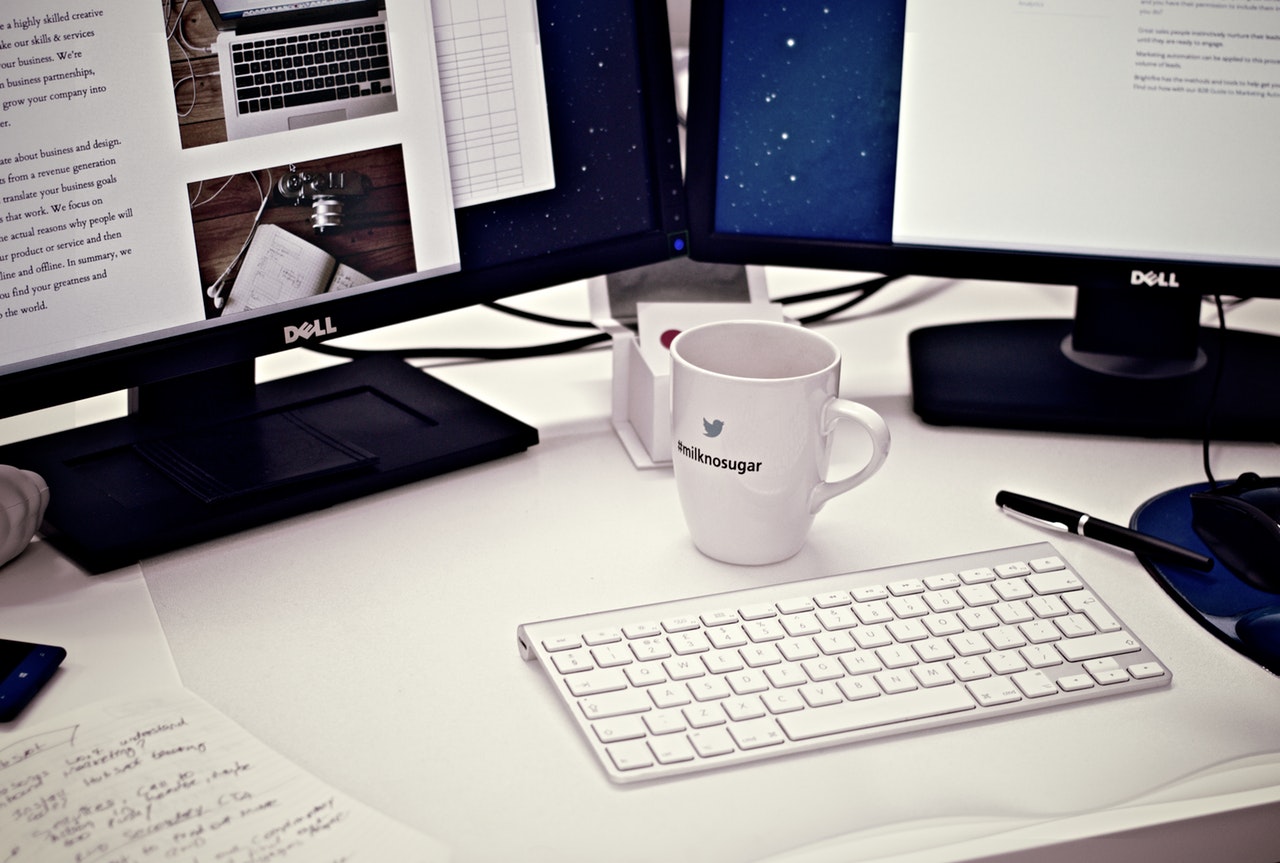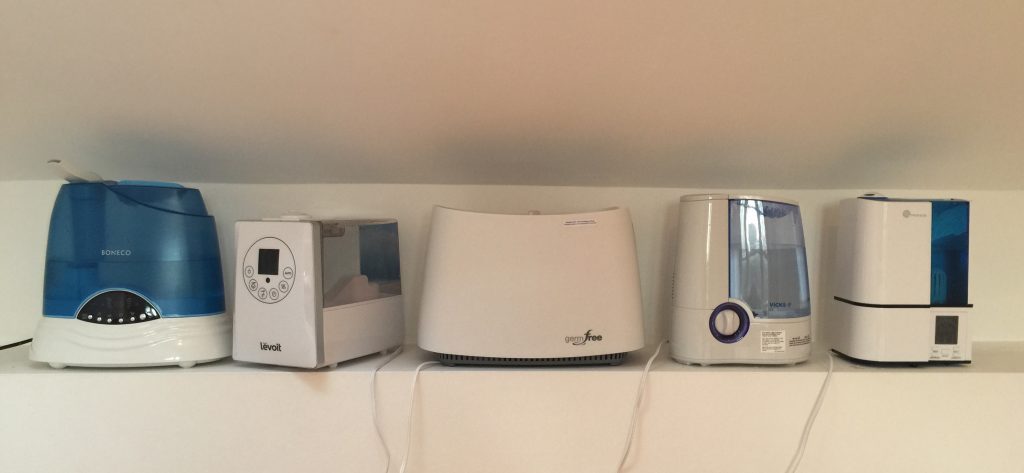
If you are thinking about getting your very own studio, you are not alone. Creating the right studio setting depends on your musical needs. Build a satisfying studio to make your musical desires and creativity come alive is a process. Here is a list of 7 considerations that you should make before taking the leap to build your own studio.
Consider the Property
Before you can build your own studio, you need to consider if consider the property. Do you own the house? If so, you can make changes to any room (mounting equipment on walls, installing new wiring, etc) to design the ideal studio. Adding a home studio may increase the value of your property when presented to the right client. However, if you do not own the property, you can still create a home studio, but your ability to significantly remodel it is limited. Simply designating a room and filling it with basic recording equipment may be the best option to avoid trouble with your landlord and get a studio you can use today.
Size and Location
When building a recording studio, it is good to determine what size it will be. If you are working with a single room, you will need to take accurate measurements and plan ahead to make sure that the elements of your home studio can actually fit. Consider that the more equipment, dividing walls, and soundproofing material you plan to place in your studio, the smaller inside it will be. If you plan to record alone or with one other person, you can get away with less space. If you have a band that likes to rock out, more room is necessary. Choosing the location of your home studio is also important. Many people often choose a garage or a basement for because some bedrooms may be too small or close to someone else’s sleeping quarters. In other cases, you may use a spare bedroom to build a private studio.
Determine What Equipment You Need
With the aid of a laptop, recording software, and the right plugins, you can consolidate your equipment and construct the foundation of a basic recording studio. Buying the best audio equipment that you can get like luxury headphones, a stellar microphone, and excellent speakers are advised if you want every recording to pop.
Some other essential equipment includes:
- Modern Laptop or Computer
- Desk or Digital Workstation
- Audio Interface
- Microphone Stand
- Audio Cables
- Studio Monitors
- Sound Traps
Acoustic panels, bass traps, and diffusers are for serious musicians and enhances the quality of the sound. Just as it is important to figure what equipment that you need for your home studio, it is also crucial to avoid modern studio nonessentials . External mixers, old-fashioned consumer tape reels, and excess furniture can get in the way of your artistic expression and cash flow. Having just enough equipment and furniture in the room to record or compose may be best. Once you figure out the right combination of studio equipment necessary for your recording these you can move forward with your studio construction project.
Soundproofing, or Not?
Depending on your mission, just getting any type of studio at home won’t do. Not alerting the neighbors of your recording antics can lead to all kinds of issues if it is not soundproof. In some towns, you may face exorbitant fines and reprimand for disturbing the peace with loud singing, music and instruments. The lack of soundproofing also increases the odds of reverberating sounds, sudden snaps, and other noisy nuisances. A soundproof studio from undergroundaudio can help you to design a studio that is worthy of recording in. Adding soundproofing material to the walls allows you to avoid the leakage of sound and create crisper, clearer recordings of every performance. You also need to seal the door and windows with traps, and place a thick carpet on the floor. Soundproofing a home studio also takes up space, so you should consider that factor when deciding if a room is large enough.
The Cost
Building your very own studio at home is not cheap. Even if you get the minimum amount of equipment, you can expect to spend at least $500 to $1,000. if you want to have a more state of the art studio for serious work, you may spend $10,000 and up. Creating a budget for your home studio and sticking with it can prevent you from landing in debt while building your studio. If you take your time and get the core essentials for your studio now , you can add to it over time without having to stretch your pocket out all at once.
Security
A studio can easily hold thousands or tens of thousands of dollars in equipment. Instruments and other studio equipment are stolen and resold by criminals, so security for your studio and the rest of the property must be taken into consideration. A studio should be able to give you privacy and a sense of security. Installing security systems and surveillance equipment can help to keep your investment secure. Adding your new home studio into your homeowner’s insurance policy can help you recoup losses in case a fire, flood, or other natural disaster occurs.
Reuse Factor and Relevance
The idea of having your very own recording studio can be a pleasing thought, but you need to determine if it is a viable option before buying equipment or making changes to your property. Are you building a studio to supplement your hobby, or do you plan to pursue a musical career? You may be satisfied with making some temporary arrangements if it will be rarely used, but those who are already buying studio time and plan to frequently use the studio can benefit greatly from getting one. Another question to consider is if you can you see yourself gain a return on your investment with one. You can rent out your studio to other musicians and start earning money helping others in the business, or score big making music yourself in the comfort of your own home.
Getting your very own studio is an investment of time, money, and energy. Many people would love to have their own home studio, so count yourself special if you have the space and means to create one. While building it, you may need to run multiple sound tests to ensure that your studio meets industry standards for sound. Decorating your room with inspiring albums, artwork, and photos can fuel your creativity on any occasion. As you fill the room with what you need for a great experience, making music will be easier. If you become frustrated while designing one yourself, you can hire someone to assist you in the process of building your acoustic oasis.




